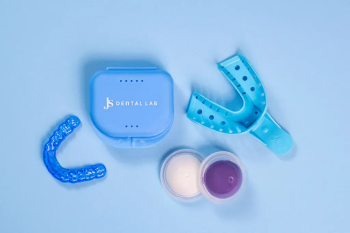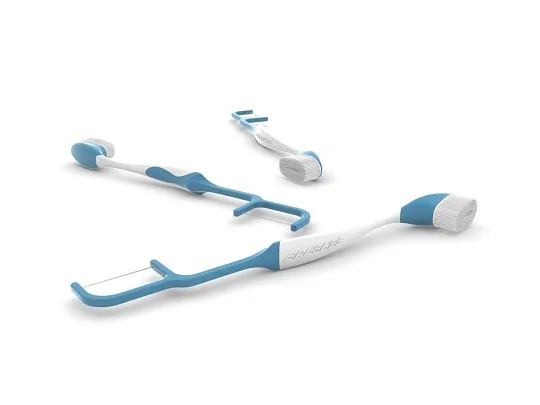Good oral health is essential to our overall health and well-being. Oral health is more than just brushing your teeth and flossing; it reflects your body’s overall health. Poor oral hygiene can significantly increase your risk of other health problems such as gum disease, heart disease, stroke, and diabetes. On the other hand, maintaining good oral hygiene can reduce the risk of these health issues and improve overall health. This article will discuss the importance of oral health and how it is connected to our overall health. We will also explore potential strategies for maintaining good oral health and how they can benefit our overall well-being.
Potential health issues related to poor oral hygiene
- Heart disease – Bacteria from gum disease can penetrate your bloodstream and create heart disease. When you brush your teeth, you remove these bacteria and prevent them from causing this health issue. Studies have shown that people with chronic gum disease are at an increased risk of getting heart disease.
- Stroke – Bacteria from gum disease can penetrate your bloodstream and create heart disease. When you brush your teeth, you remove these bacteria and prevent them from causing this health issue. Studies have shown that people with chronic gum disease are at an increased risk of getting a stroke.
- Diabetes – Bacteria in plaque can also cause diabetes. When you brush your teeth, you remove these bacteria and prevent them from causing this health issue. Studies have shown that people with periodontal disease are at an increased risk of getting diabetes.
Strategies for maintaining good oral health

There are many ways to maintain good oral health. These are some of the most important strategies that you can use:
- Brush your teeth twice a day – Brushing your teeth is an essential part of oral hygiene. It is important to do it twice a day, for at least two minutes, to remove plaque and bacteria from your teeth. You can brush with a manual toothbrush or an electric toothbrush.
- Floss daily – Flossing removes plaque from between your teeth that your toothbrush cannot reach. You should floss at least once a day, but it is better to do it after you brush your teeth once a day.
- See a dentist regularly – You should see a dentist at least every six months for a check-up and cleaning. These appointments will allow your dentist to diagnose and treat any oral health issues that you might have.
Benefits of good oral health
There are many benefits of good oral health. These are some of the most important ones:
- A healthy smile – Good oral hygiene is essential to a healthy smile. It will help you maintain a nice smile and boost your self-confidence.
- Better general health – Maintaining good oral health will help boost your general health and improve your quality of life.
How to get the most out of your dental visits

There are many ways to get the most out of your dental visits. These are some of the most important strategies that you can use:
- Brush your teeth before your dental appointment – This will help ensure that your dentist can get an accurate view of your teeth.
- Take care of your teeth at home – The best way to maintain good oral health is to take care of your teeth at home. This will help reduce the risk of dental issues and will make your dental visits more effective.
- Keep track of your dental visits – If you keep track of your dental visits, you will know when it is time to visit your dentist again. This will help you maintain proper oral hygiene and prevent dental issues.
Resources for learning more about oral health
We hope that this article has provided you with useful information regarding oral health. There are many resources that you can use to learn more about oral health and its connection to overall health. Here are some of the most important ones:
- Visit your dentist – The best way to stay informed about oral health is to visit your dentist regularly.
- Read your dentist’s blog posts – Dentists often write blog posts about various topics related to oral health.



